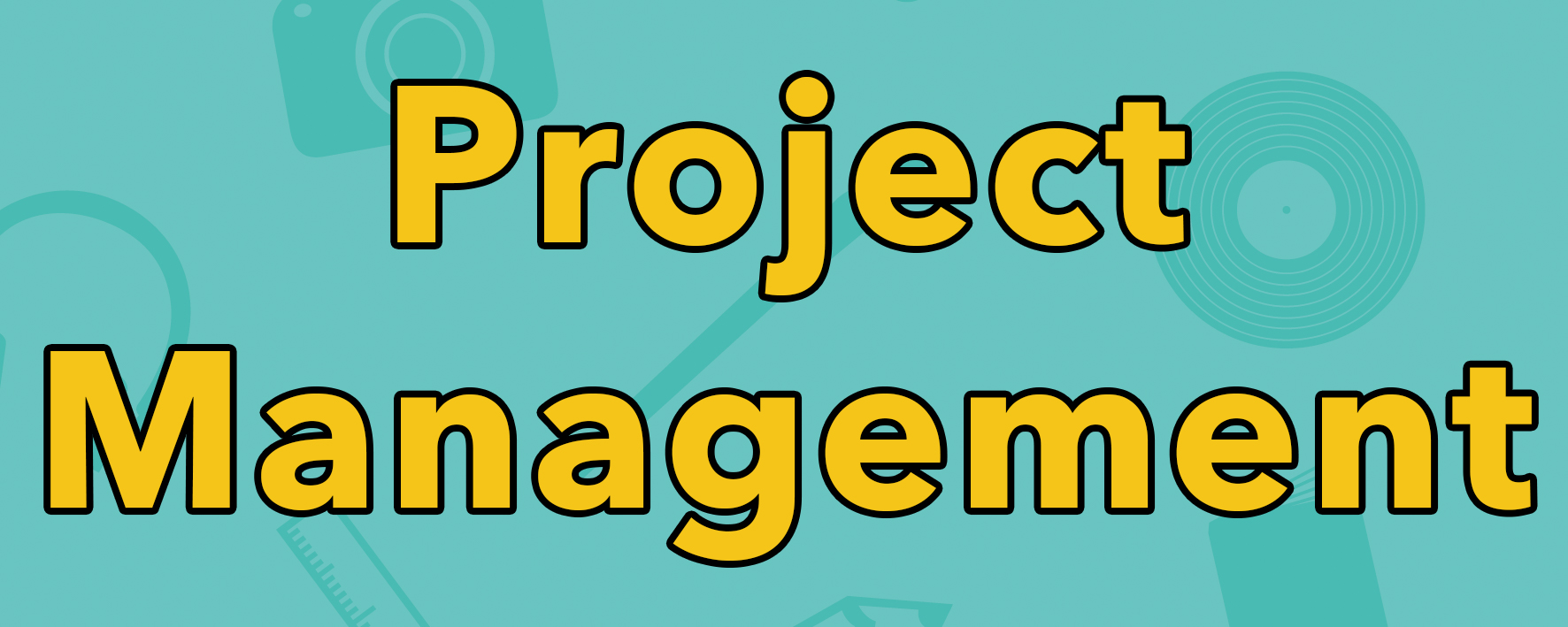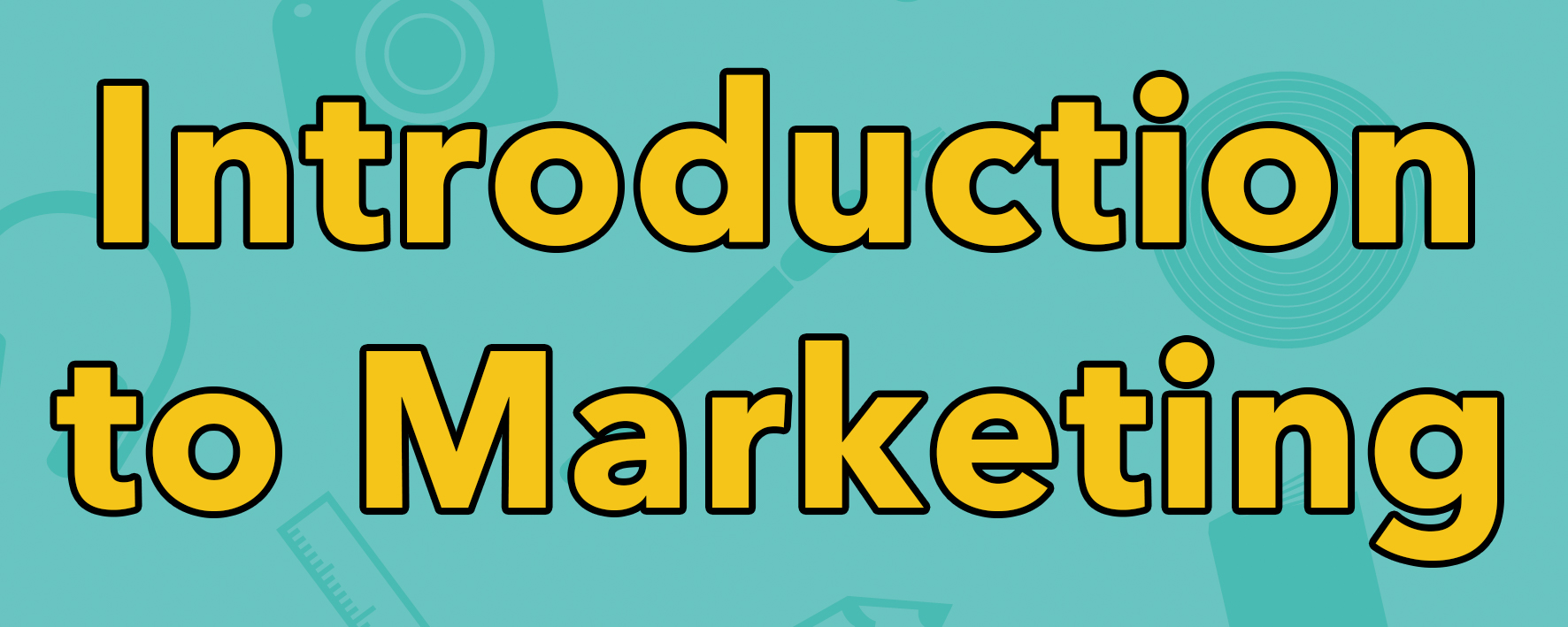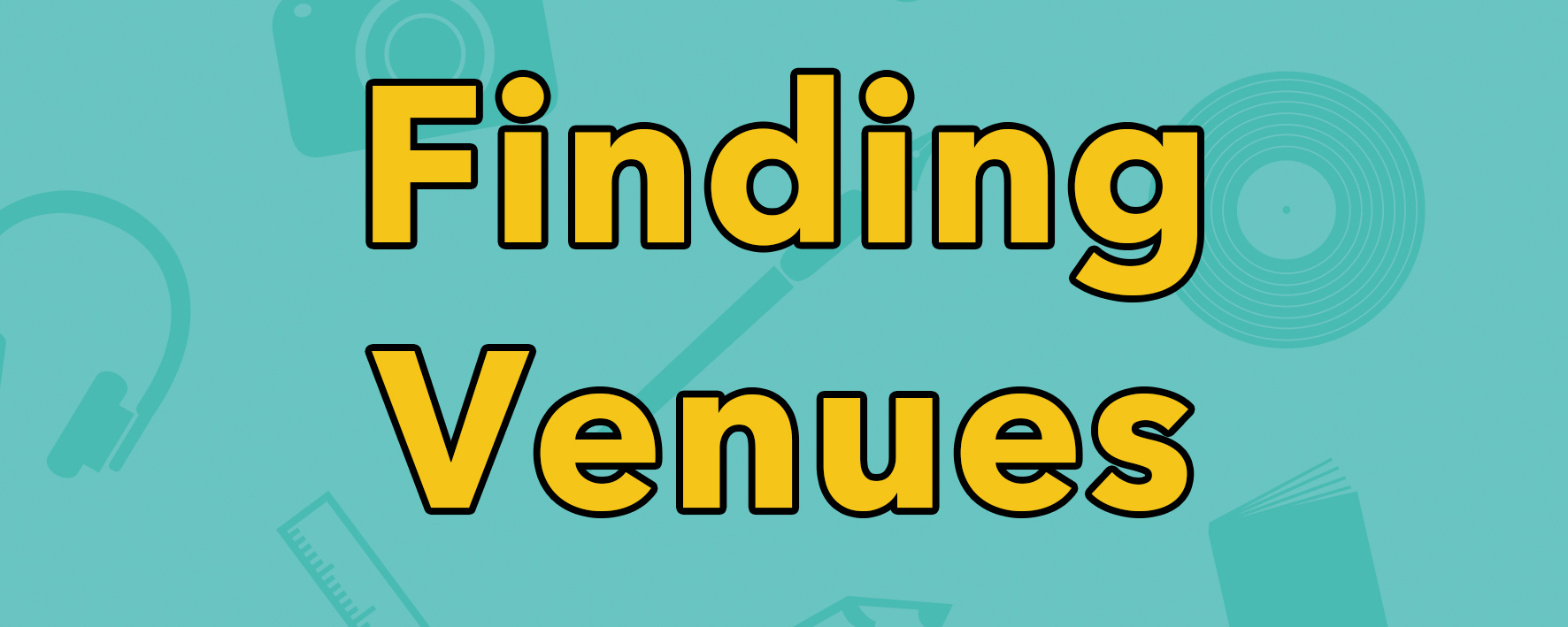Youth Arts Project Guide
Whether you are putting together music workshops, visual art installations or a forum on youth issues, there are certain things you need to think about, decide and do. Each project is unique and will require a slightly different approach, but there are some basic steps involved in getting a youth arts project happening.
Developing a youth arts project in 5 simple steps
1. The idea
Inspiration is the first and one of the most important steps in making something happen – but make sure you’re not the only one who is inspired. Talk with other people about your idea. Let it build and take off in other directions. The more people who are involved at this stage, the more people who will have a deep commitment to the final project.
2. The project structure
Time to take the idea that has evolved and develop it as a youth arts project. To create a basic project structure, be sure to work through the what, who, when, where, why, and how much of your project idea. A strong and clear project structure will assist you when you are telling people about and seeking support for your project.
What?
What are you planning on doing. You’ll need detail here. Don’t stop at “some hip hop workshops”. Outline what skills are going to be broken down and taught in each one. Get down your plan to have a local trainee work closely with the artist.
Who?
Who is your target audience or the participants? Who are the artists you are going to use? Who will provide you with support or act as partners in the project? i.e. arts agencies, youth organisations, schools, local council.
When?
When are you doing it? Dates may have to fit in with your target audience, artists, local events and funding rounds.
Where?
Where will it happen?
Why?
Why are you doing it? Have you and has everybody involved got a clear and shared understanding of the aims and objectives of the project?
How much?
How much will it cost? You will need to get a budget together. Make a list of all project expenses (i.e. equipment, transport, materials, coordinator wages, venue hire, artists fees) even if they may be provided through in-kind support. In-kind support involves being provided with services or goods rather than money, for example, the Council providing you with free use of a venue. You still need to work out a dollar value for services or goods that may be provided through in-kind support and note it with all other project expenses. The total will be the project “Expenditure.” In the next stage of making your project happen you’ll need to source project “Income”.
3. Getting ready
You and the people you are working with now have a project structure. It’s time to start preparing for it to happen. It’s crucial you consider a few key things before you go any further. It will be too late once your project is underway!
Tasks, time-lines and responsibilities
Sort out all the things that need to be done, when they need to be done by and who will do them. It’s a great idea to get this all down clearly on a spreadsheet that everybody can refer to. This document will probably need to be regularly updated as things change.
Documentation and evaluation
How will you record what happens? How will you measure whether your project achieves the objectives that were set?
Legal considerations
Are there any legal issues to consider, such as permits, licences, copyright, insurance or contracts?
Marketing
How will you promote your project? Get a marketing plan detailing all the different methods you are going to use to make people aware of your project. In doing this ask yourself who you need to make aware - project participants, sponsors, funding bodies, the general community and media.
Resourcing
Where will you get the money and resources to make your project happen? Explore the options. This might include grants, corporate sponsorship, project generated income (such as ticket or product sales) or philanthropic trusts. Sourcing in-kind support from individuals, businesses, organisations or local government in relation to venues, volunteers, accommodation, catering or materials is not only a fantastic way of resourcing your project, but another way to connect people within your community to it.
4. Making it happen
You’ve come up with the idea, developed the project, made preparations and now it’s all happening but you can’t sit back just yet. Make sure you stay on the ball and...
Look after your crew
Are the people and partners informed about project developments, happy and motivated?
Keep track of spending
Are all financial transactions being recorded? Are you sticking to the budget? If not, are you making provisions for this?
Stick to the timeline
Are deadlines being met by the people who are responsible for them? Do you need to update the time-line document?
Document and evaluate
Are you collecting material, comments and data that will allow you to create a great record of your project and work out what was and wasn’t achieved?
5. Looking back, taking in the moment and planning what’s to come
The stalls have been packed away, the exhibition has been taken down. Time to look back on what has happened, celebrate your achievements and think about what’s next. Hold debriefing sessions with all the main people involved to reflect on how things went.
What went well and why?
What would you do differently next time?
What obstacles did you face (lack of skills, resources, interest, etc.) and how could these be overcome?
Use this feedback, your documentation and evaluation to create a report of your project. This report will feed into any acquittals that you may need to submit to funding bodies. It will also form a base for what you and the others you have worked with will tackle next time.
Finally, thank everybody who has been involved. Take the time to reward each other for what has been achieved. Try to hold onto that energy and momentum so that it can be channelled into more great projects into the future.















